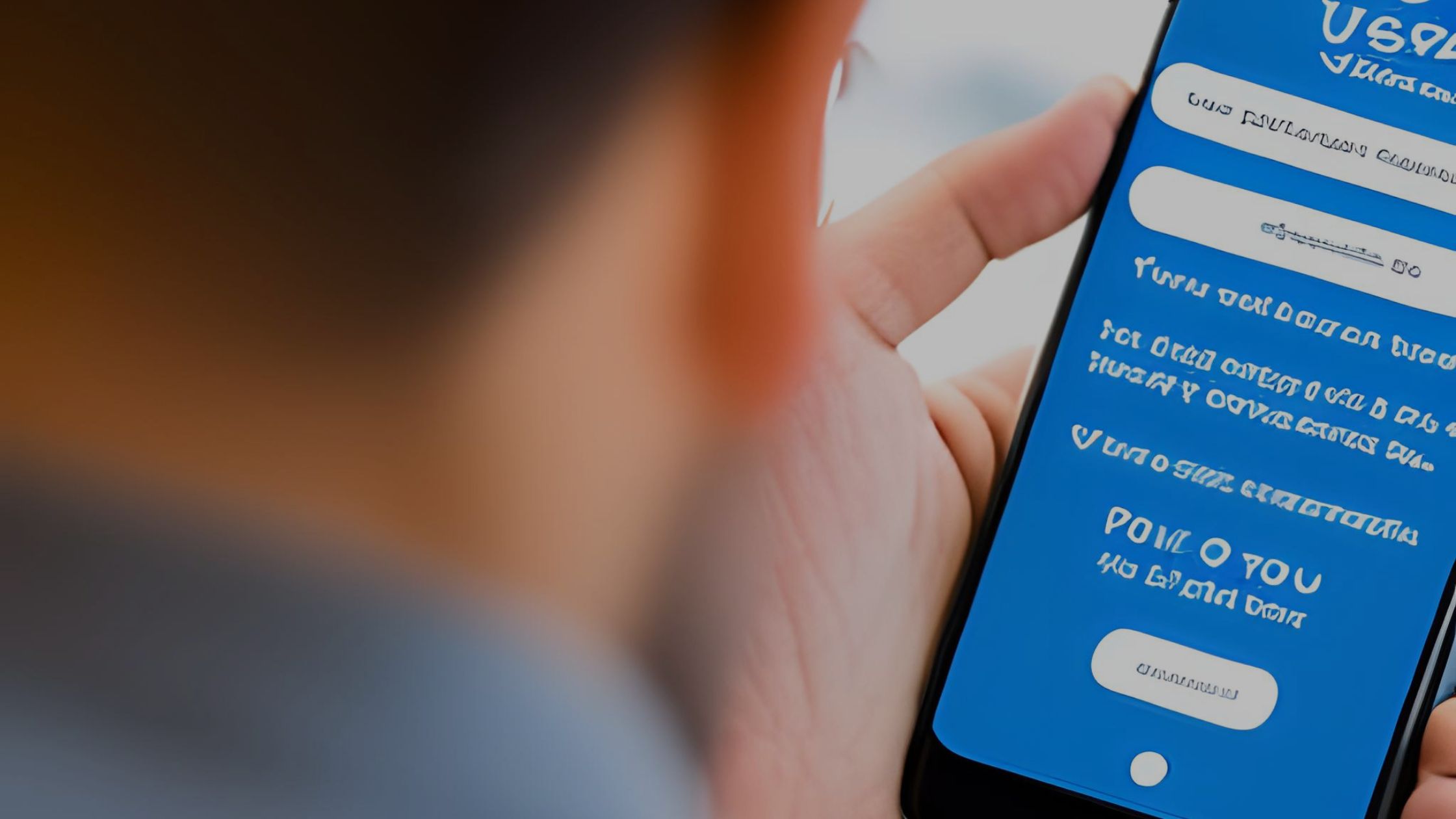At the heart of digital marketing is the desire to connect with potential customers and provide them with the best possible user experience or UX.
UX refers to the overall experience a user has when interacting with a website, app, or other digital product. A positive UX can result in increased customer satisfaction, higher engagement, and ultimately, improved conversion rates.
The Importance of User Experience / UX in Digital Marketing
In today’s digital landscape, competition is fierce, and businesses must do everything they can to stand out. One of the most effective ways to do this is by providing a seamless, intuitive, and enjoyable user experience.
A website or app that is difficult to navigate or frustrating to use is unlikely to keep users engaged or convert them into customers. In contrast, a website or app with a great UX can leave a lasting impression, increase engagement, and drive conversions.
Some of the key benefits of a great UX in digital marketing include:
- Increased engagement: A great UX can encourage users to spend more time on a website or app, exploring its features and content. This increased engagement can lead to higher levels of customer loyalty and repeat business.
- Improved conversion rates: A positive UX can make it easier for users to complete tasks, such as making a purchase or filling out a form. This, in turn, can result in higher conversion rates and increased revenue.
- Better brand perception: A website or app with a great UX can help to create a positive image of a brand in the minds of its users. This can lead to increased brand loyalty and word-of-mouth referrals.
- Competitive advantage: In a crowded digital marketplace, businesses that prioritize UX are more likely to stand out and differentiate themselves from their competitors.
How to Improve UX in Digital Marketing
Improving UX in digital marketing requires a deep understanding of user behavior, preferences, and needs. It also involves a range of technical and creative skills, including user research, information architecture, visual design, and front-end development.
- Conduct user research: To understand user behavior and preferences, it is important to conduct user research. This can involve surveys, interviews, and user testing to gather insights into how users interact with a website or app.
- Develop a clear information architecture: A clear and intuitive information architecture is essential for guiding users through a website or app. This involves organizing content in a logical and easy-to-follow manner.
- Create visually appealing designs: Visual design plays a crucial role in creating a positive UX. This includes choosing colors, typography, and other design elements that are visually appealing and easy to read.
- Ensure accessibility: An accessible UX ensures that all users, including those with disabilities, can access and use a website or app. This includes providing alternative text for images and videos, using clear and concise language, and ensuring that the site or app is keyboard accessible.
- Optimize for mobile: With the majority of internet traffic now coming from mobile devices, it is essential to optimize UX for mobile users. This includes using responsive design, optimizing page speed, and prioritizing key information and actions.
Conclusion
UX plays a critical role in digital marketing. A great UX can help businesses stand out in a crowded marketplace, increase engagement, and drive conversions.
To improve UX, businesses must prioritize user research, information architecture, visual design, accessibility, and mobile optimization.
By doing so, they can create a seamless and enjoyable user experience that leaves a lasting impression on their customers.




